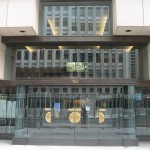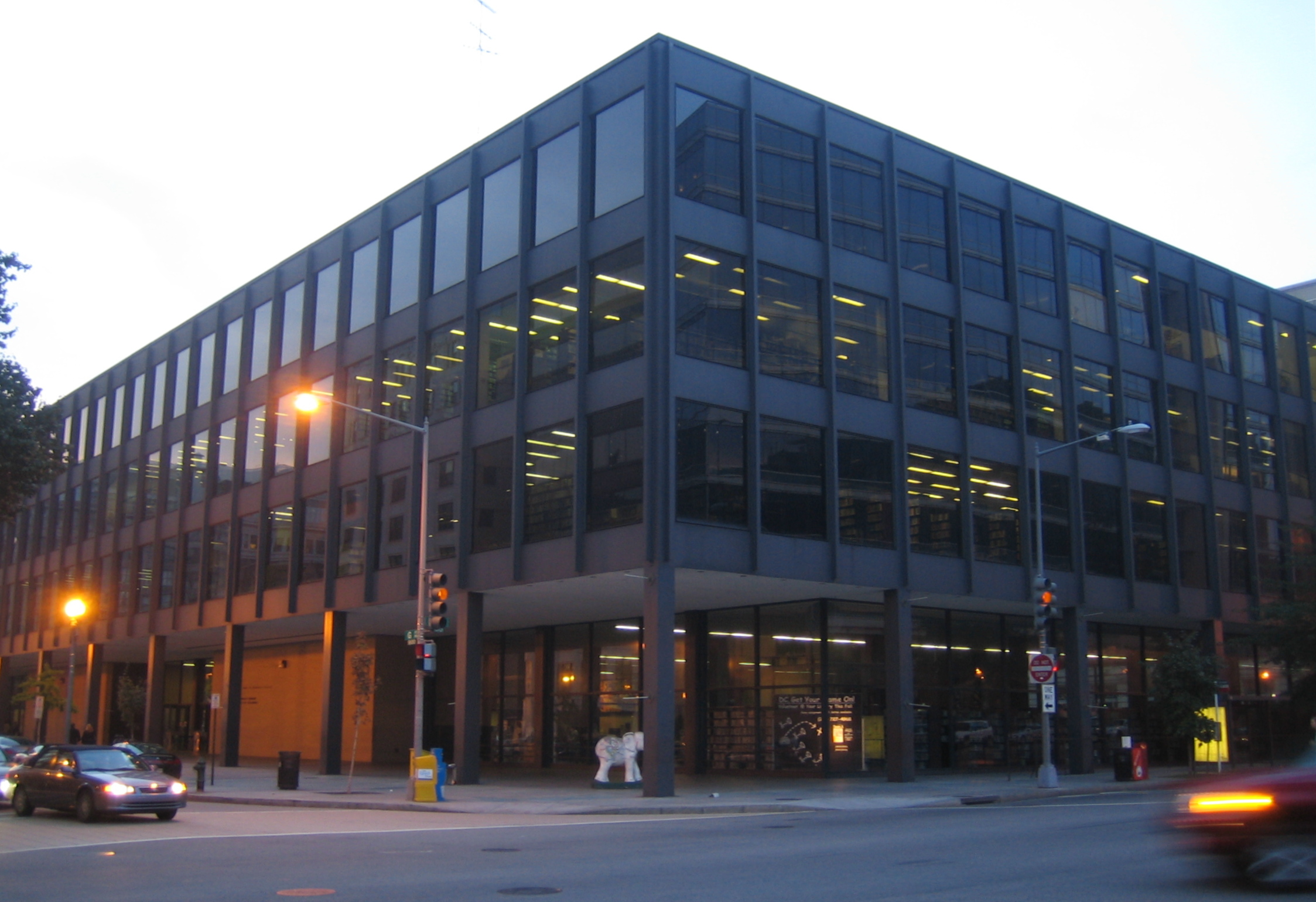Playing by the Rules? A discussion on the future of Internet censorship
Posted by LisaMarrs on June 26th, 2012
 There are so many ways the internet is censored all over the world. From a government perspective, internet censorship makes sense, especially if censorship is already practiced in traditional media. If communications via the Internet are free from control, then many regimes (especially the more repressive ones) fear loss of power and control over their populations. With governments loath to surrender any part of their sovereignty, to envision a future where an online civil society, like Cambodia’s, can match that of America or Western Europe in both scope and activity level involves quite a bit of stretching.
There are so many ways the internet is censored all over the world. From a government perspective, internet censorship makes sense, especially if censorship is already practiced in traditional media. If communications via the Internet are free from control, then many regimes (especially the more repressive ones) fear loss of power and control over their populations. With governments loath to surrender any part of their sovereignty, to envision a future where an online civil society, like Cambodia’s, can match that of America or Western Europe in both scope and activity level involves quite a bit of stretching.
Stretching is exactly what the six panelists from all over the world did at the Discussion on the Future of Censorship & Free Speech put on by the DC chapter of the Internet Society in conjunction with the US Department of State. Each panelist came from a country with heavy internet censorship, except for Koundjoro Gabriel Kambou, a journalist at Lefaso.net and the panelist from Burkina Faso. In Burkina Faso, Kambou said, the tallest hurdle for activist bloggers and social media networkers to jump isn’t direct government censorship but rather poor internet connection and unreliable electricity.
In contrast, Dlshad Othman, the panelist from Syria and an activist and IT engineer who provides Syrians with digital security tools, listed many occasions when the Syrian government turned off the Internet all together for citizens in certain cities. Othman also discussed the various types of websites that the Syrian government actively blocks, including Facebook and Twitter. Increasingly-resourceful citizen activists are now using proxies, such as Vertus Linux, as well as fluid cell phone connections to bypass the trojans and the prying gaze of the government.
In the United States, the government does have some control over the Internet, the extent of which includes disconnecting terrorist-related websites, tagging people who visit certain sites, and banning some uses of the Internet altogether, such as for child pornography and modern slave trade, where censoring these websites is for the legitimate purpose of protecting valued human rights. Despite these restrictions, the US and other Western countries boast of freedom of speech on the internet and criticize countries, such as China and Syria, which openly ban dissent and restrict access to certain websites.
In seeking praise and a better international image while hoping to attract multinational corporations, some countries proclaim that their citizens have complete freedom on the Internet while at the same time actively cracking down on Internet activists who expose corruption and espouse opposing views. Azerbaijan is an excellent example of this. One of the panelists, Emin Milli, is a famous activist blogger from Azerbaijan who received jail time for his activist work. The Azerbaijani government, being party to treaties that are meant to protect the free speech rights of citizen activists, charged Milli with “hooliganism,” in an attempt to avoid criticism from other countries and appear as to not be in violation of those treaties.
Similarly in Venezuela, the government does not openly limit what citizens say and do on the Internet. Venezuelan politicians, in fact, rank themselves based upon how many twitter followers they have, according to the Venezuelan panelist Andres Azpurua. But if a citizen says something anti-Chavez or points out local corruption, they might find their face on national television along with the description of “Imperialist” and “anti-Venezuelan,” making it easier for pro-Chavez/pro-government individuals to seek out the “Imperialist” and intimidate him or her in some way.
Even in India, Internet freedom seems to be facing some difficulties ahead, said Indian panelist and cyberlaw expert Pranesh Prakash, particularly after the Indian government started requiring that all Internet companies that wish to operate in India must physically move servers into the country. In Cambodia, according to panelist Sopheap Chak, the Deputy Director of the Cambodian Center for Human Rights, the government is cracking down on Internet companies and trying to create a culture of self-censorship, akin to the one already in effect in Venezuela, Azerbaijan, and all other countries where the government censors Internet use in some indirect way.
Open access to the Internet is an important aspect of the mission of Wikimedia DC. Millions of people seek information on Wikipedia and other Wikimedia proejct every day, and, sometimes, their access to these project has been hindered (as was the case with the Uzbek Wikipedia, which was blocked by the government there). While our mission is not to make governments open up the Internet in their countries, we do strive to make it possible that anyone who wishes to access or contribute to information on Wikipedia and Wikimedia projects should have the rights and the ability to do so. And when it comes to the Internet, we are all ultimately playing in the same sandbox, and although we do not all play by the same rules, we should all play nicely together.
Lisa Marrs, Outreach & Program Coordination, Wikimedia DC
Copyright info: Image by Mike Licht, imported from Wikimedia Commons under a Creative Commons Attribution 2.0 Generic license.
 There are so many ways the internet is censored all over the world. From a government perspective, internet censorship makes sense, especially if censorship is already practiced in traditional media. If communications via the Internet are free from control, then many regimes (especially the more repressive ones) fear loss of power and control over their populations. With governments loath to surrender any part of their sovereignty, to envision a future where an online civil society, like Cambodia’s, can match that of America or Western Europe in both scope and activity level involves quite a bit of stretching.
There are so many ways the internet is censored all over the world. From a government perspective, internet censorship makes sense, especially if censorship is already practiced in traditional media. If communications via the Internet are free from control, then many regimes (especially the more repressive ones) fear loss of power and control over their populations. With governments loath to surrender any part of their sovereignty, to envision a future where an online civil society, like Cambodia’s, can match that of America or Western Europe in both scope and activity level involves quite a bit of stretching.
Stretching is exactly what the six panelists from all over the world did at the Discussion on the Future of Censorship & Free Speech put on by the DC chapter of the Internet Society in conjunction with the US Department of State. Each panelist came from a country with heavy internet censorship, except for Koundjoro Gabriel Kambou, a journalist at Lefaso.net and the panelist from Burkina Faso. In Burkina Faso, Kambou said, the tallest hurdle for activist bloggers and social media networkers to jump isn’t direct government censorship but rather poor internet connection and unreliable electricity.
In contrast, Dlshad Othman, the panelist from Syria and an activist and IT engineer who provides Syrians with digital security tools, listed many occasions when the Syrian government turned off the Internet all together for citizens in certain cities. Othman also discussed the various types of websites that the Syrian government actively blocks, including Facebook and Twitter. Increasingly-resourceful citizen activists are now using proxies, such as Vertus Linux, as well as fluid cell phone connections to bypass the trojans and the prying gaze of the government.
In the United States, the government does have some control over the Internet, the extent of which includes disconnecting terrorist-related websites, tagging people who visit certain sites, and banning some uses of the Internet altogether, such as for child pornography and modern slave trade, where censoring these websites is for the legitimate purpose of protecting valued human rights. Despite these restrictions, the US and other Western countries boast of freedom of speech on the internet and criticize countries, such as China and Syria, which openly ban dissent and restrict access to certain websites.
In seeking praise and a better international image while hoping to attract multinational corporations, some countries proclaim that their citizens have complete freedom on the Internet while at the same time actively cracking down on Internet activists who expose corruption and espouse opposing views. Azerbaijan is an excellent example of this. One of the panelists, Emin Milli, is a famous activist blogger from Azerbaijan who received jail time for his activist work. The Azerbaijani government, being party to treaties that are meant to protect the free speech rights of citizen activists, charged Milli with “hooliganism,” in an attempt to avoid criticism from other countries and appear as to not be in violation of those treaties.
Similarly in Venezuela, the government does not openly limit what citizens say and do on the Internet. Venezuelan politicians, in fact, rank themselves based upon how many twitter followers they have, according to the Venezuelan panelist Andres Azpurua. But if a citizen says something anti-Chavez or points out local corruption, they might find their face on national television along with the description of “Imperialist” and “anti-Venezuelan,” making it easier for pro-Chavez/pro-government individuals to seek out the “Imperialist” and intimidate him or her in some way.
Even in India, Internet freedom seems to be facing some difficulties ahead, said Indian panelist and cyberlaw expert Pranesh Prakash, particularly after the Indian government started requiring that all Internet companies that wish to operate in India must physically move servers into the country. In Cambodia, according to panelist Sopheap Chak, the Deputy Director of the Cambodian Center for Human Rights, the government is cracking down on Internet companies and trying to create a culture of self-censorship, akin to the one already in effect in Venezuela, Azerbaijan, and all other countries where the government censors Internet use in some indirect way.
Open access to the Internet is an important aspect of the mission of Wikimedia DC. Millions of people seek information on Wikipedia and other Wikimedia proejct every day, and, sometimes, their access to these project has been hindered (as was the case with the Uzbek Wikipedia, which was blocked by the government there). While our mission is not to make governments open up the Internet in their countries, we do strive to make it possible that anyone who wishes to access or contribute to information on Wikipedia and Wikimedia projects should have the rights and the ability to do so. And when it comes to the Internet, we are all ultimately playing in the same sandbox, and although we do not all play by the same rules, we should all play nicely together.
Lisa Marrs, Outreach & Program Coordination, Wikimedia DC
Copyright info: Image by Mike Licht, imported from Wikimedia Commons under a Creative Commons Attribution 2.0 Generic license.

